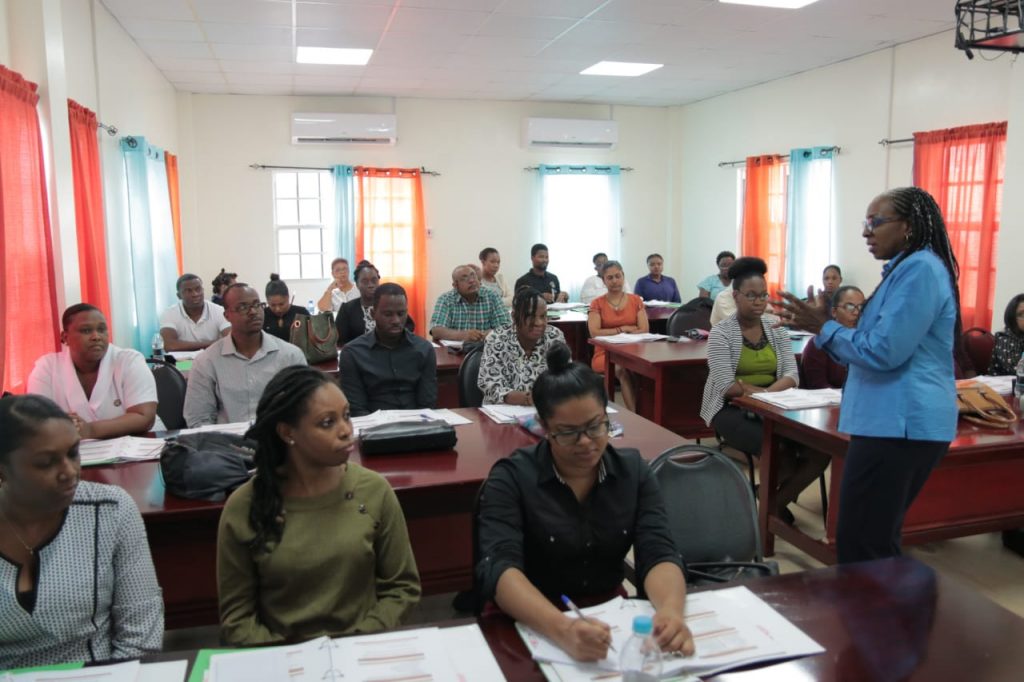50% of students in Guyana identified as alcohol users
The Ministry of Public Health has reported that the heavy use of alcohol and narcotic and psychotropic substances is an emerging problem among children and adolescents in Guyana.
“Reports shows that 50% of students in Guyana between the ages of 13-15 were identified as alcohol users,” the Ministry stated in a press release Saturday.
Quoting statistics from the World Health Organisation (WHO), the Health Ministry noted that the use of psychoactive substances such as marijuana, inhalants, and cocaine, remained relatively low among young people in the Americas between the periods of 2007-2016.
In an effort to tackle the issue, 30 professionals who work with adolescents have been trained to help those struggling with substance use disorder in Guyana.
The four-day training session, which ended on Saturday, was done by the CARICOM Secretariat in collaboration with the Ministry of Public Health and the National Anti-Narcotics Agency (NANA).

Director of the Mental Health Unit Dr. Util Richmond-Thomas explained that the materials used for the training were developed by the Organisation of American States (OAS) Inter-American Drug Abuse Control Commission (OAS/CICAD) and are instrumental in providing practitioners with the tools needed to effectively develop and deliver drug treatment programmes tailored to the adolescent population.
According to the Ministry, the training targeted Health Care Providers; Social Workers/Probation Officers; Non-Governmental Organizations (NGOs) working with youth Treatment Facilities; Faith Based Organisations (FBOs) and Law Enforcement professionals.
“Persons who have not been exposed will also receive the knowledge and requisite skills to address the challenges when working with adolescents,” Beverly Reynolds, CARICOM Coordinator of Health and Social Development was quoted saying.
Given new insights in managing adolescents with substance abuse struggles, Reynolds said the training initiative is directed to re-equip persons with the new strategies within the realm of adolescent treatment.
The participants will benefit from enhanced competencies, improved skills, and sharpened knowledge “to provide ethical (and) evidence-based services, treatment and interventions to the appropriate target populations,” Reynolds said.
She explained that CARICOM recognizes the need for training to be done in various organizations and Regions, to enhance and increase the abilities of professionals to assist the young population.
Facilitators, Deborah Dalrymple and Esther Best, trained by the Inter-American Commission for Drug Control, delivered the adolescent treatment training curriculum through six models.
The modules focused on adolescent development, screening and assessing adolescents, trauma and trauma informed care, adolescent in conflict with the law, adolescent drug treatment and family intervention.






